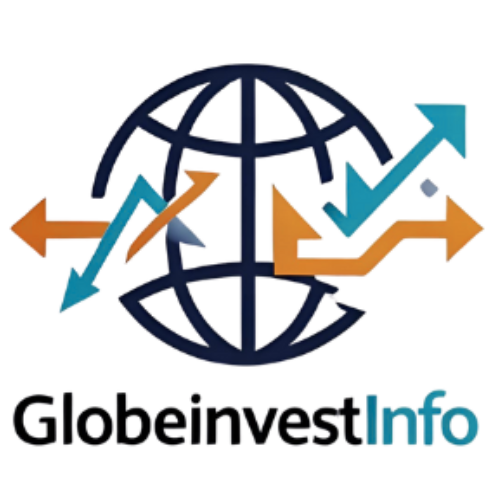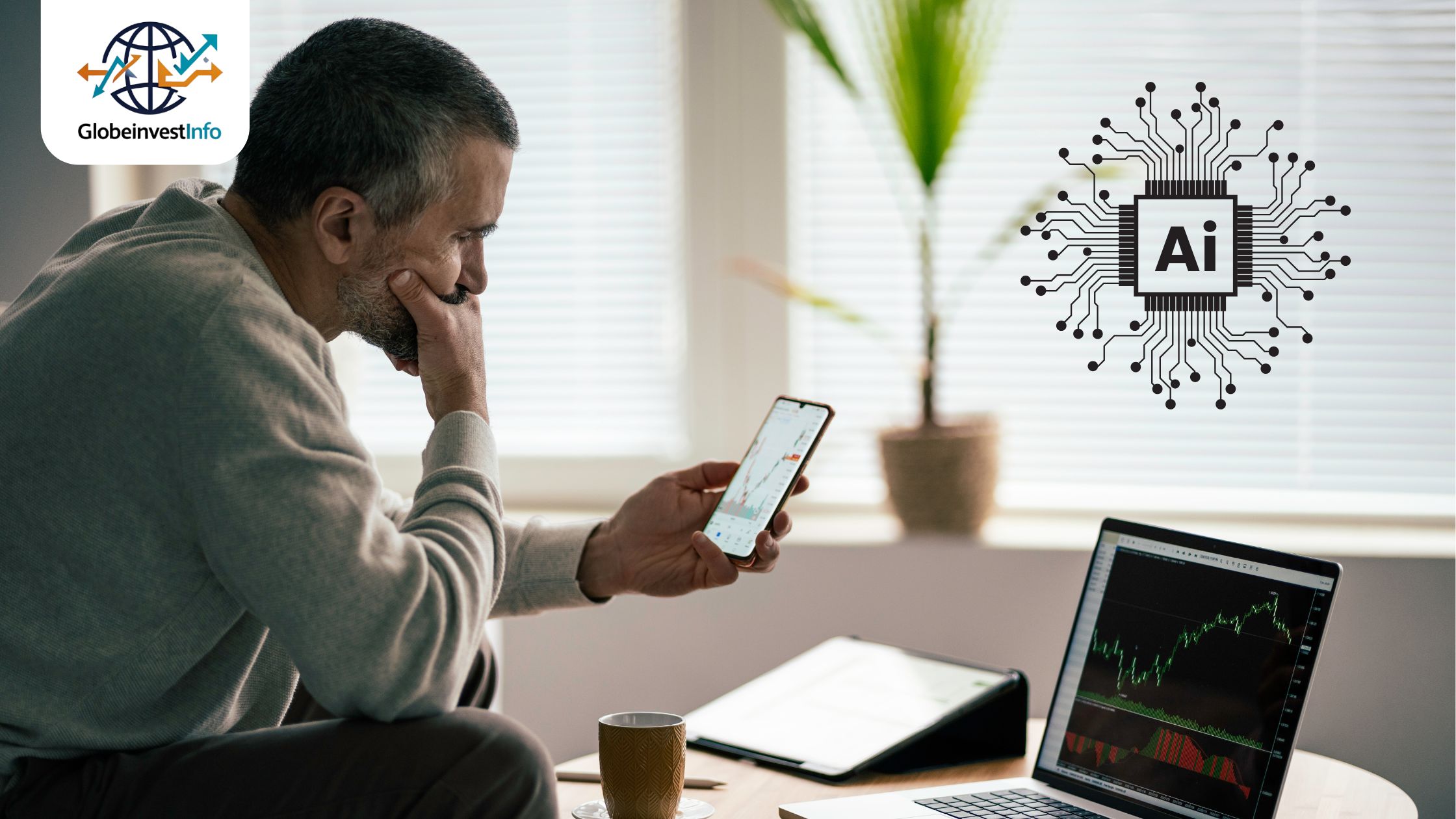Artificial Intelligence (AI) has moved far beyond being a buzzword—it’s now a game-changer in the world of stock market trading. In 2025, AI is not just an optional tool for professional traders; it’s becoming a must-have technology for anyone serious about making informed, data-driven investment decisions.
From algorithmic trading to AI-powered portfolio management, the finance industry is undergoing a massive transformation. Whether you’re an individual investor or an institutional player, understanding how AI is shaping the stock market could be the difference between staying ahead of the curve or being left behind.
Why AI is Taking Over Stock Market Trading
The stock market is driven by data—billions of data points, news updates, social sentiment, and real-time price changes. No human trader can process all of this information instantly. AI, however, thrives on large data sets, identifying patterns and executing trades in milliseconds.
Some reasons AI is becoming essential in trading:
- Speed – Algorithmic AI models can execute thousands of trades per second.
- Accuracy – Machine learning models reduce emotional bias in trading decisions.
- Adaptability – AI can adjust to changing market conditions faster than traditional strategies.
- Risk Management – Predictive models help identify potential downturns before they hit.
Top AI Trends in Stock Market Trading for 2025
1. Generative AI for Market Predictions
Generative AI models, like ChatGPT-style trading assistants, are increasingly used to simulate market scenarios and forecast stock movements. These tools can help investors understand the “what-if” scenarios for different market events.
Example: Generative AI can simulate how geopolitical tensions or interest rate changes might affect tech stocks.
2. AI-Driven Sentiment Analysis
AI tools can now scan news articles, social media posts, and even earnings call transcripts to gauge market sentiment. This allows traders to react instantly to shifts in public opinion before they affect stock prices.
Example: Detecting a sudden drop in sentiment around a company after a product recall.
3. Automated Algorithmic Trading Bots
AI-powered bots use historical data, technical indicators, and real-time market feeds to execute profitable trades automatically. In 2025, these bots are becoming more advanced with self-learning capabilities.
4. Personalized Investment Strategies
Instead of following generic advice, AI platforms can tailor investment recommendations to an individual’s risk tolerance, portfolio size, and long-term goals.
5. Quantum-AI Trading
Still in its early stages, quantum computing combined with AI could exponentially speed up complex market analysis, opening the door for hyper-accurate predictions.
Predictions for AI in Stock Market Trading (2025 and Beyond)
- Retail investors will have access to institutional-grade AI tools via subscription-based platforms.
- Regulatory frameworks for AI trading will be more defined to ensure transparency.
- Hybrid AI-human trading teams will become the norm, blending human intuition with machine precision.
- Generative AI search tools will integrate directly with trading dashboards for real-time advice.
Challenges and Risks of AI in Trading
While AI offers huge benefits, it’s not without challenges:
- Over-reliance on AI could create “black box” risks where traders don’t fully understand how decisions are made.
- AI models can be manipulated by false data or market anomalies.
- High-frequency AI trading may increase volatility during unexpected events.
Best Practices for Using AI in Stock Trading
- Use AI as a supporting tool, not the sole decision-maker.
- Regularly review AI model outputs for accuracy.
- Keep updated with AI and market regulations.
- Combine AI insights with fundamental and technical analysis.
FAQs: AI in Stock Market Trading – 2025 Edition
1. Can AI really predict stock prices?
AI can’t guarantee exact price predictions, but it can identify trends, patterns, and probabilities more effectively than manual analysis.
2. Is AI trading only for professional traders?
No. In 2025, many AI-powered trading platforms are designed for beginners and retail investors.
3. How much money do I need to start AI-based trading?
Some AI trading platforms allow you to start with as little as $100, though the ideal amount depends on your strategy.
4. What are the biggest risks of AI trading?
Risks include over-reliance on models, unexpected market events, and potential technical glitches.
5. Can AI replace human traders entirely?
Not entirely. AI excels at processing data and executing trades, but human judgment is still essential for complex, unpredictable scenarios.
Conclusion
AI is no longer just the future of stock market trading—it’s the present. By 2025, AI tools will be more accessible, powerful, and personalized than ever before. Investors who adapt early will have a clear advantage over those relying solely on traditional trading methods.
If you’re looking to enhance your trading strategy, exploring AI-based tools now could set you up for success in the rapidly evolving world of finance.
- AI in Gaming: How Artificial Intelligence Is Changing the Way Americans Play in 2025
- AI-Powered Business Ideas That Will Boom in the Future
- AI in Travel: How Americans Are Planning Trips Smarter in 2025
- AI in Real Estate: How Americans Are Buying and Selling Smarter in 2025
- Fitness Side Hustles for College Students Who Love to Stay Active

